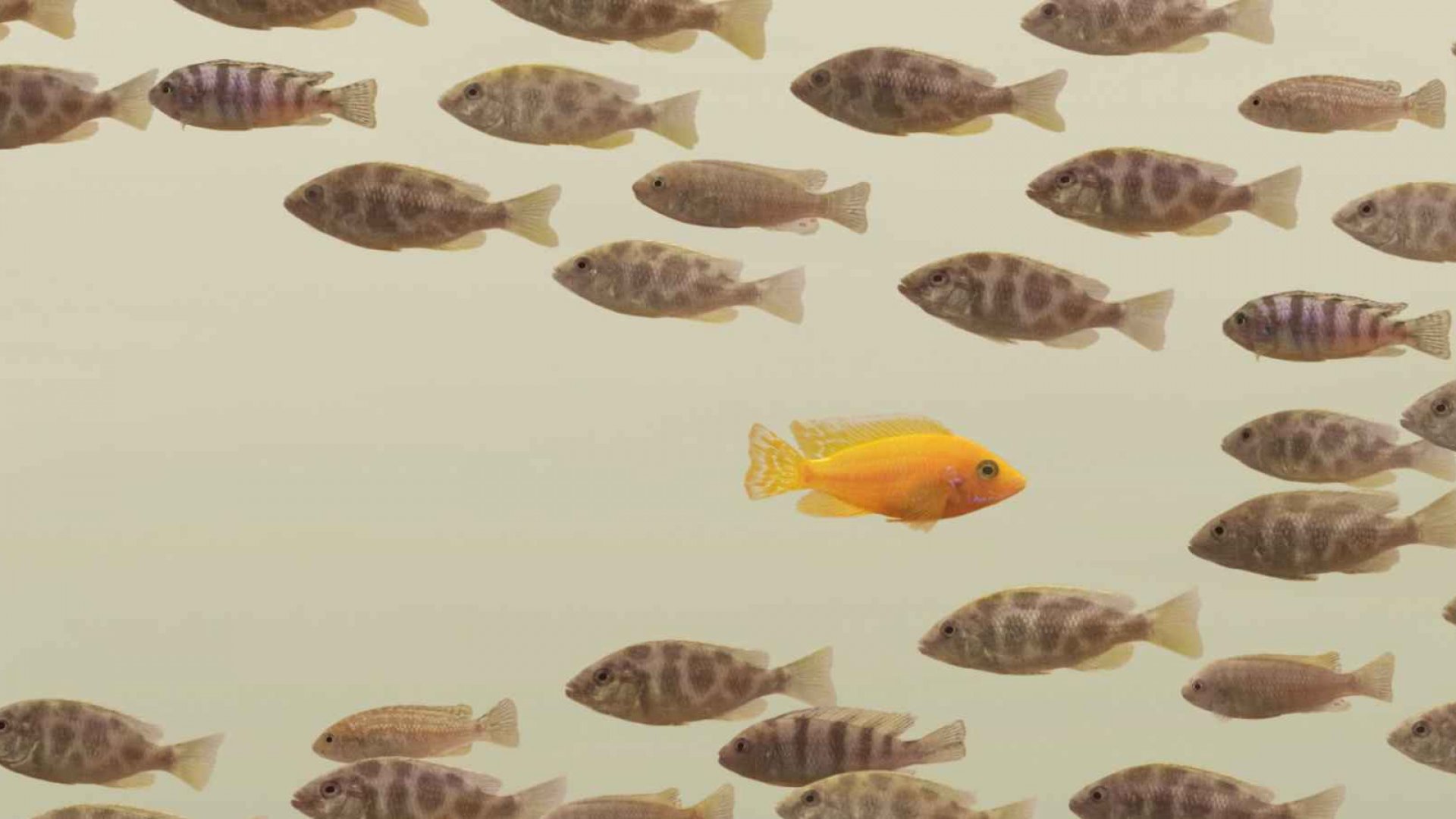
09/10/2020
All, Charm, Confidence
The Road to Greater Confidence
To boost our confidence ahead of challenging moments, well-meaning people often try to draw our attention to our good sides: our intelligence, our competence, our strength.
But this can – curiously – have awkward consequences. There’s a type of under-confidence that arises specifically when we grow too attached to our own dignity and then become anxious around any situation that might seem to lower our prestige. We hold back from challenges in which there is any risk of failing from a heightened fear of looking ridiculous.
At the heart of our under-confidence is a skewed picture of how dignified it is normal for a person to be. We imagine that it might be possible, after a certain age, to remain consistently respected and beyond mockery. We implicitly model ourselves on people who don’t walk into doors, don’t make clumsy advances on lovers, don’t fail horribly at networking and don’t make enormous errors at work. We imagine it is an option to lead a good life without regularly making a complete idiot of oneself.
There’s an uplifting message to be pulled from the work of Pieter Bruegel. His central work The Dutch Proverbs (1559) presents a comically disenchanted view of human nature.

Everyone, he suggests, is pretty much deranged and ridiculous: here’s a man throwing his money into the river; there’s a soldier squatting on the fire and burning his trousers; someone is intently bashing his head against a brick wall, someone else is biting a pillar. Importantly, the painting is not an attack on just a few unusually awful people: it’s a picture of parts of all of us.
The way to greater confidence isn’t to reassure ourselves of our own dignity; it’s to grow at peace with the inevitable nature of ridiculousness. We are idiots now, we have been idiots in the past, and we will be idiots again in the future – and that is OK. There aren’t any other available options for human beings.
Once we learn to see ourselves as already, and by nature, foolish, it really doesn’t matter so much if we do one more thing that might look a bit stupid. The person we try to kiss could indeed think us ridiculous. The individual we asked directions from in a foreign city might regard us with contempt. But if these people did so, it wouldn’t be news; they would only be confirming what we had already gracefully accepted in our hearts long ago: that we, like them – and every other person on the earth – was a nitwit. The risk of trying and failing would have its sting substantially removed. The fear of humiliation would no longer stalk us in the shadows of our minds. We would grow free to give things a go by accepting that failure was the acceptable norm. And every so often, amidst the endless disasters we’d have factored in from the outset, it would work: we’d get a kiss, we’d make a friend, we’d get a raise.
The road to greater confidence begins with a ritual of telling oneself solemnly every morning, before heading out for the day, that one is a muttonhead, a cretin, a dumbbell and an imbecile. One or two more acts of folly should, thereafter, not matter very much at all.
Find out more in our class on Confidence.







